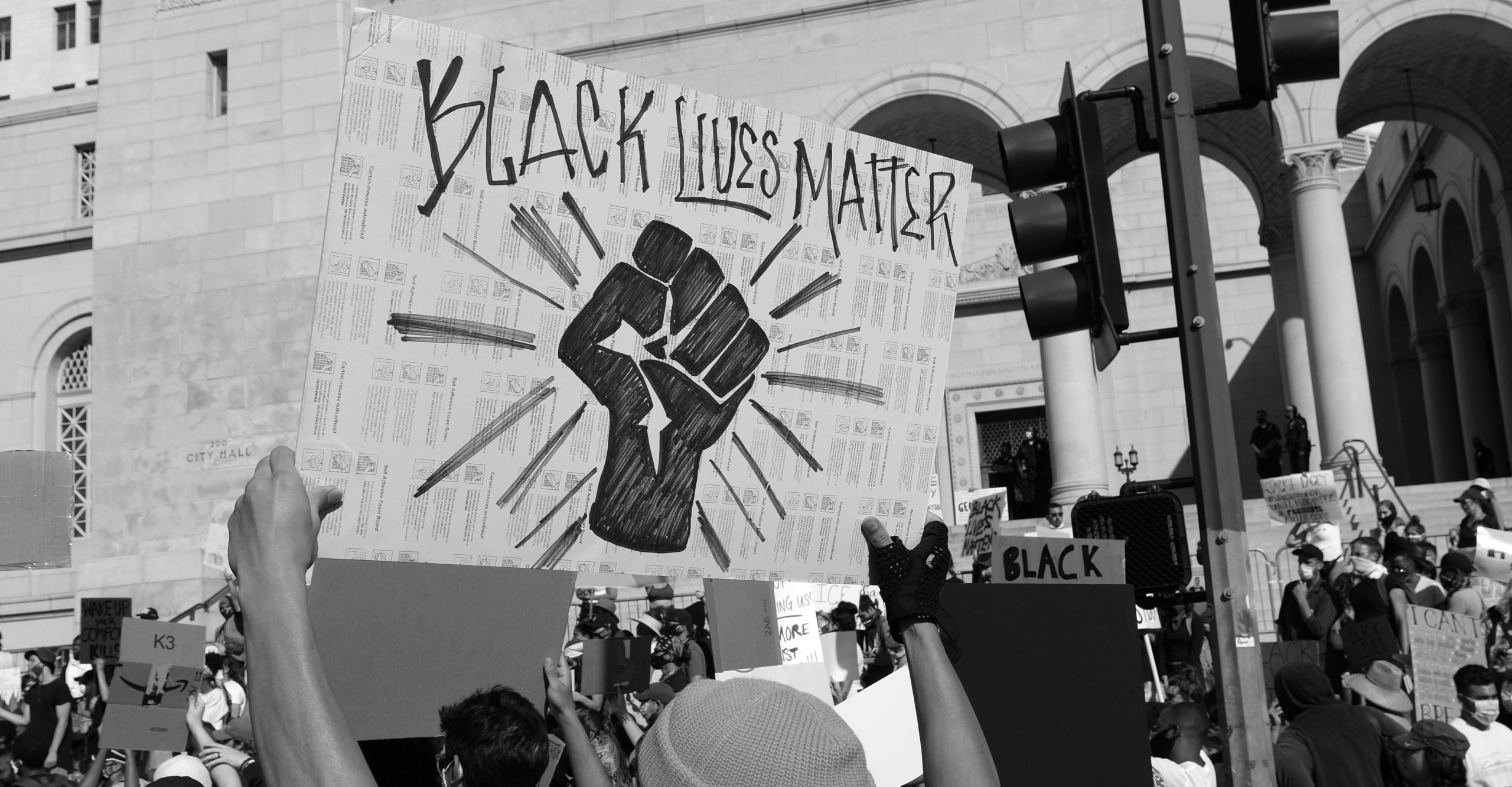This commentary by Executive Director Setti Warren was first published in The Telegraph (UK) on June 5, 2020. https://www.telegraph.co.uk/opinion/2020/06/05/moment-generational-change-black-people-learn-lessons-past/
We are living at a time of generational change and if we embrace principles from previous movements, we can alter the lives of future generations.
The killing of George Floyd was the tipping point that has lead to the massive demonstrations we’re seeing today. Years of black people being killed at the hands of law enforcement, the growth of racial disparities in economic conditions, and the disastrous conditions for people of color during the pandemic have brought us to this point.
History teaches us that effective social and political movements share some essential elements – sustained agitation and attention, moral suasion through telling human stories, and demands for specific changes in policy and the law.
These three factors are profound components in a movement’s ability to successfully make change.
First, we need to press for specific policy and law changes in multiple areas. Measures of accountability and reform need to be implemented in law enforcement, and pushing for them at the federal, state and local level are critical.
Second, press for changes in the laws and policies that deliberately promote segregation and inequality at the federal, state and local level.
Third, continue and sustain protests and other forms of agitation until changes are made, and tell the human story.
Data and statistics do not do enough to paint the picture of the horrid economic conditions people are living in, just as a police report could not fully communicate the heinous nature of Mr Floyd’s death.
For far too many decades the media and elite institutions have promoted metrics such as the stock market and GDP to measure the nation’s economic condition. These data points do not give a full picture of what’s really happening on the ground in too many communities.
And now, with the advent of the smartphone, average citizens are capturing interactions between police and citizens that tell a story that would not have been told otherwise.
If we look to the past, the lessons are right there. First, there was sustained agitation led by a multi-racial abolitionist group leading to the emancipation proclamation. Fredrick Douglass shone a light on the savage institution of slavery using his own personal story. And the demand for a change in policy was clear – the abolition of slavery.
Before President Lyndon Johnson signed the groundbreaking civil rights legislation of 1964, black people sustained efforts for decades to change policy and the law, often resulting in violence and subjugation.
In 1954 Brown vs The Board of Education rules that state sanctioned segregation in the public schools was unconstitutional. In 1955 the Montgomery Bus Boycott was organized to desegregate the public transportation system. This action led to a Supreme Court decision stating that it was unconstitutional to segregate the Montgomery bus system.
In the early 1960s, horrific images beamed through television sets of police officers turned fire hoses and dogs on school children marching for equal rights. The images told a vivid human story that would otherwise be hidden. As protesters were being attacked, Martin Luther King pushed the Kennedy administration to submit and push for a substantial civil rights package. When four young girls were killed in Birmingham in 1963 by white supremacists it added to the moral outrage, putting faces to the subjugation and violence.
We know there are principles we can draw from our past to create a road map for the future. We all have a role to play.
Setti Warren is Executive Director of the Shorenstein Center on Media, Politics and Public Policy at the Harvard Kennedy School, and was the first black mayor elected in Massachusetts


